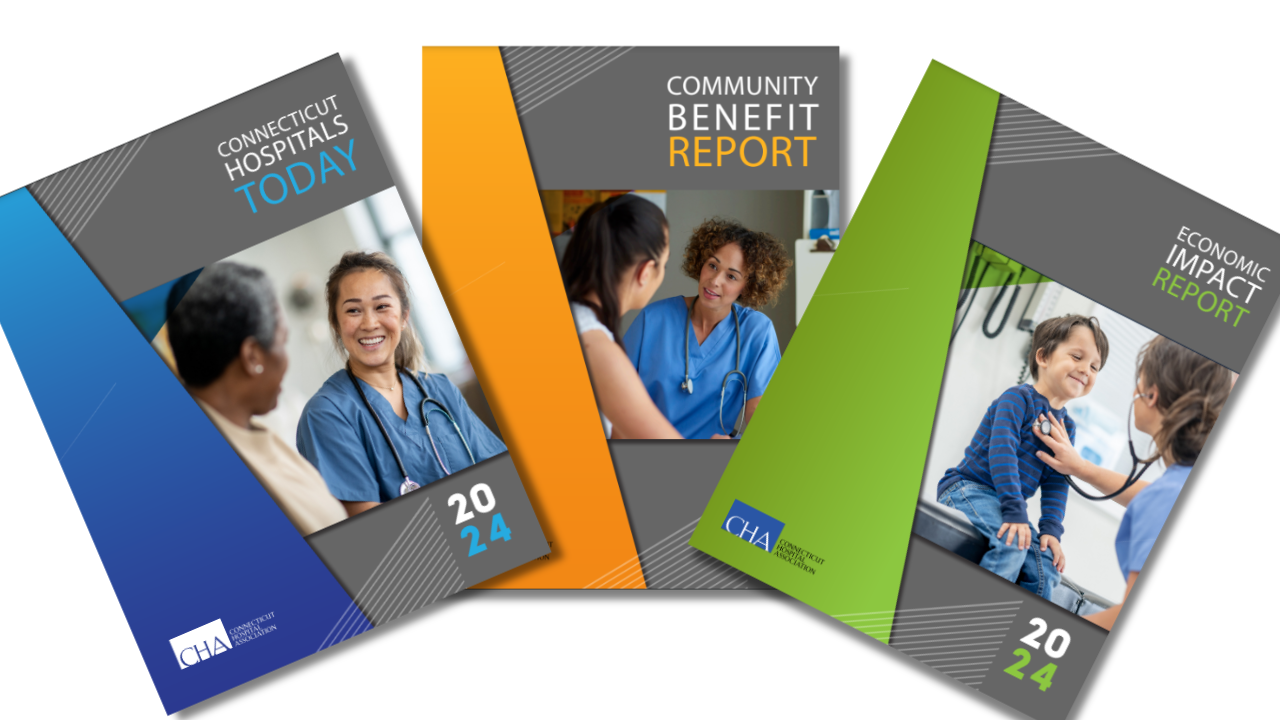Affordability and Price Transparency

Connecticut hospitals and health systems are committed to reducing costs and making sure healthcare is affordable and accessible to everyone.
Hospitals have been active participants in the implementation of the Healthcare Cost Growth Benchmark — if properly implemented, it can be a tool for measuring and controlling healthcare spending across the healthcare delivery system. However, its implementation must be based on sound and accurate data and should focus on the entirety of the healthcare spending landscape, including factors such as chronic underpayment by the state Medicaid program.
Transparency
Patients need information about their healthcare to make informed choices and to know what to expect. Hospitals strive to offer clear and meaningful pricing information by meeting federal pricing transparency requirements and working directly with patients to avoid unanticipated patient costs.
Financial Assistance
Connecticut leads the nation in financial assistance programs and protections against medical debt. Local hospitals work hard to make sure patients know about their financial assistance policies — including that help is available for underinsured individuals facing astronomical deductibles. They also connect uninsured patients to coverage and advocate for policies to prevent medical debt in the first place. Connecticut hospitals are working closely with the state Office of the Healthcare Advocate (OHA) to ensure that patients understand the financial assistance available to them to help support their care.
Uncompensated Care
The hospital payment system in the United States is complex. Hospitals provide critical and life-saving care, 24 hours a day, to anyone who walks through the doors, regardless of their ability to pay. Medical care for those who do not pay — including charity care and bad debt — cost Connecticut hospitals about $302.5 million FY 2024.







